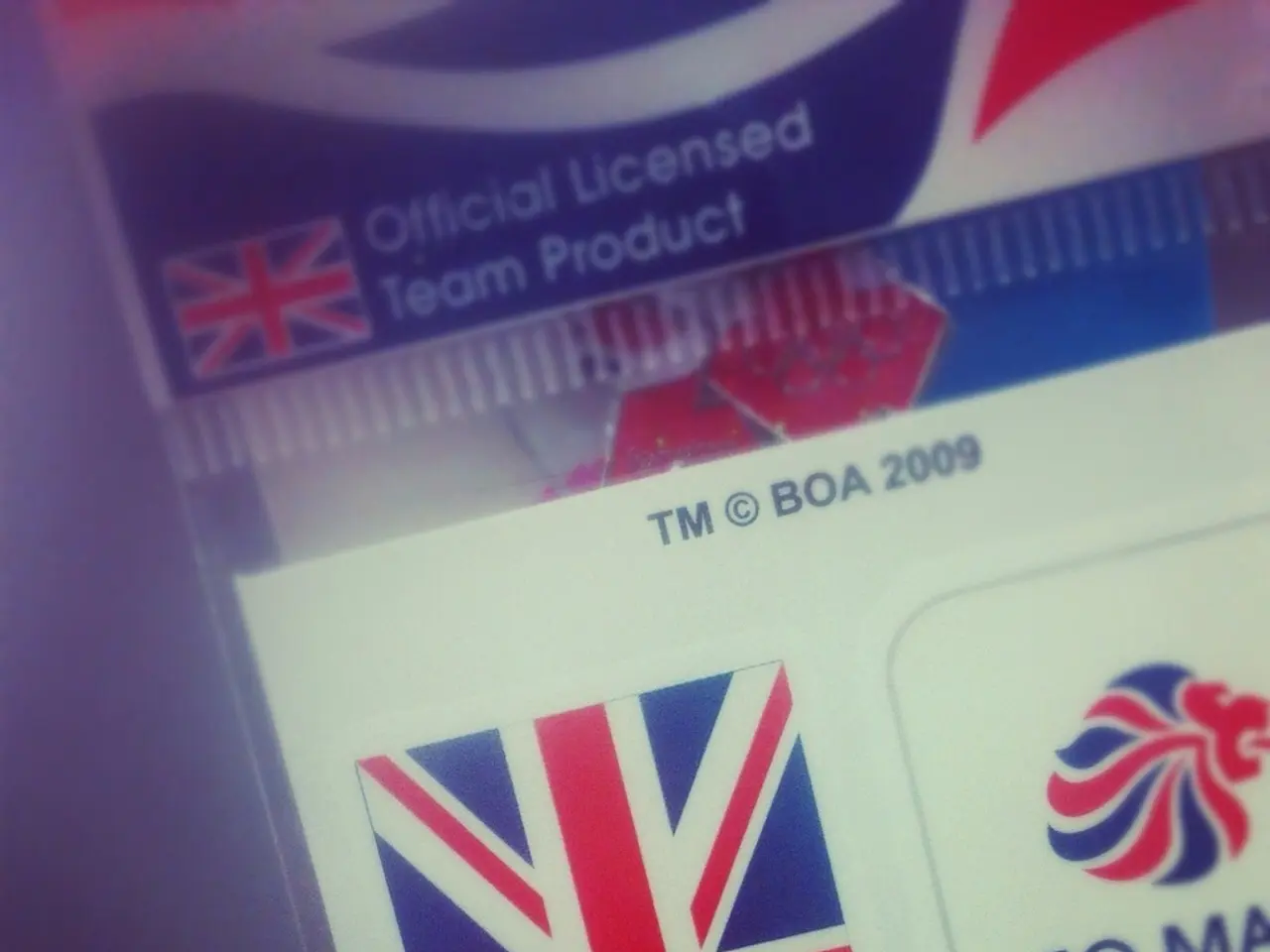Starting September, Somalia mandates digital national identification for bank account services.
Somalia Introduces National Digital ID System for Financial Modernization and Fraud Prevention
Starting September 1, 2025, Somalia will require a national digital ID for banking and essential services as part of its efforts to modernize the financial sector, enhance identity verification, and combat fraud and money laundering.
The Central Bank of Somalia (CBS), the National Identification and Registration Authority (NIRA), and the Somali Bankers Association have collaborated to develop this mandate, which aims to prevent fraudulent identities in financial transactions, reinforce Know Your Customer (KYC) and Customer Due Diligence (CDD) procedures, and protect financial institutions from illicit activities.
The digital ID system is expected to help in the tracking of government aid and development funds, as well as facilitate access to various government services for citizens in Somalia. The rollout of this requirement will expand across the country in phases, with the Benadir pilot serving as a blueprint for national implementation.
This strategic policy shift is intended to improve access to essential public services and streamline governance, while addressing challenges in identity verification and financial security. However, concerns have been raised regarding personal data security since the system is hosted abroad and managed by foreign personnel, raising privacy and cybersecurity worries among citizens and experts.
To comply with the CBS directive, customers with expired IDs must update their account information using the NIRA-issued ID. The CBS and NIRA are urging citizens to register at authorized bank branches or NIRA service centers to avoid disruptions in banking services. Citizens are encouraged to register at these locations to ensure smooth transitions in opening or renewing bank accounts and accessing various government services.
The digital ID system is expected to boost public trust in banking and reduce identity-related fraud, as well as improve the efficiency and transparency of various services. This move is part of Somalia's push to modernize its financial system and strengthen identity verification, aligning with international anti-money laundering (AML) and counter-financing of terrorism (CFT) norms.
References: 1. Central Bank of Somalia. (2021). National Digital ID System. Retrieved from https://www.cbsomalia.so/news/national-digital-id-system 2. National Identification and Registration Authority. (2021). About Us. Retrieved from https://www.nira.so/about-us 3. Somali Bankers Association. (2021). Press Release: National Digital ID System. Retrieved from https://somalibankers.org/press-release-national-digital-id-system/ 4. World Bank. (2021). World Bank Group to Support Somalia’s Efforts to Modernize Its Financial Sector. Retrieved from https://www.worldbank.org/en/news/press-release/2021/06/14/world-bank-group-to-support-somalias-efforts-to-modernize-its-financial-sector 5. United Nations Office on Drugs and Crime. (2021). Somalia’s New Central Bank Law Aims to Strengthen Financial System Integrity. Retrieved from https://www.unodc.org/unodc/en/press/2021/april/somalias-new-central-bank-law-aims-to-strengthen-financial-system-integrity.html
In alignment with this modernization, the digital ID system is anticipated to bolster the efficiency of technology in Somalia's business sector, particularly finance, ensuring seamless digital transactions and advanced identity verification. Consequently, this initiative avoids fraudulent activities in banking and other essential services, addressing the concerns of identity security.




